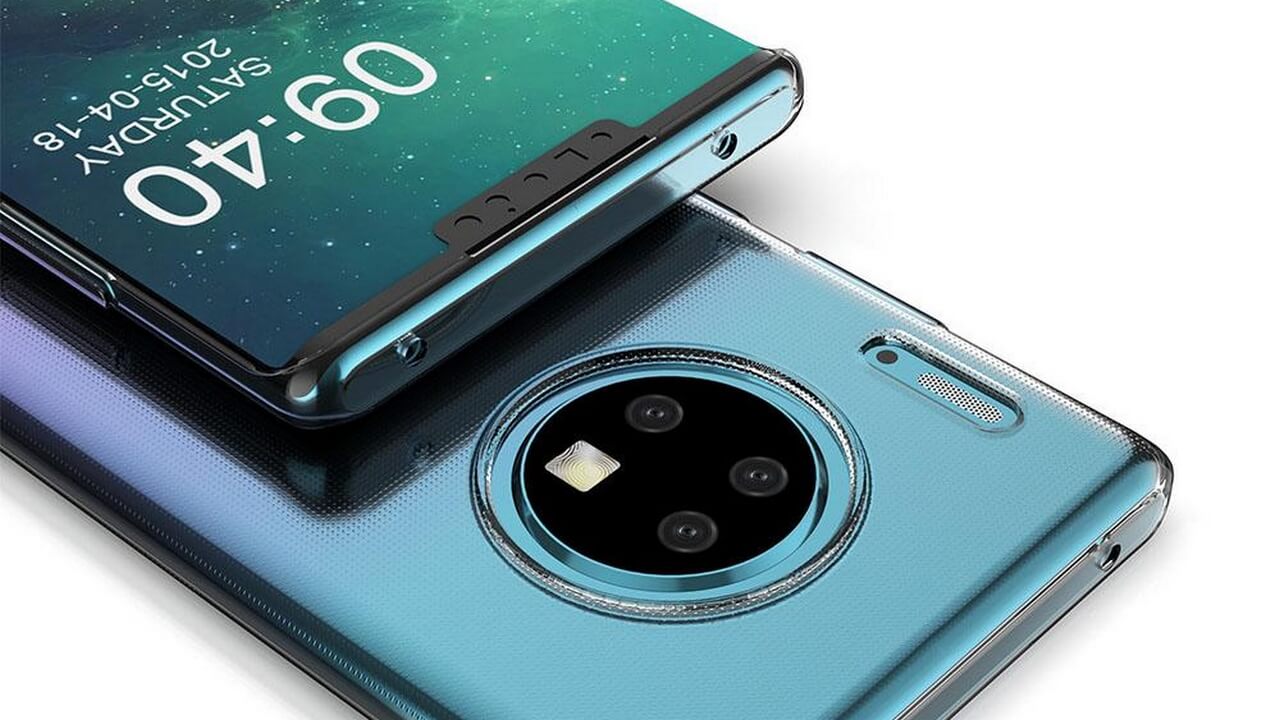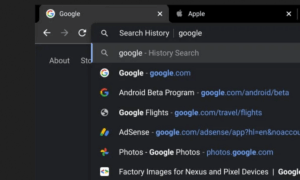Times are hard for Huawei: the Chinese giant has come under scrutiny repeatedly in 2019 and a number of countries have banned the use of its networking equipment. The U.S Justice Department accused the company of theft of intellectual property, fraud and obstruction of justice due to an alleged evasion of U.S sanctions against Iran and the company was placed on a black list by the White House.
Eventually, after Huawei was added to the Entity List in May, it has been allowed to work with U.S companies only until November. One of these companies is Google, which led Huawei to release its latest flagships with its proprietary HarmonyOS, which the company revealed in August.
Though the company has been keeping its head above water with more than valiant efforts, Huawei U.S Vice President of Public Affaird, Joy Tan, has told the Financial Times that operating without Google services such as the Play Store, Chrome and Maps is “challenging”.
“We can continue to use the Android platform, since it is open-source,” Tan said. “but we cannot use the services that help apps run on it.”
Tan went on to add that “There are so many Android users in Europe and south-east Asia, they’re so used to these Google applications on top of Android phones.”
Google parent company Alphabet also revoked the company’s Android license, which is the reason why Huawei turned to the open-source version found on the Mate 30 phones. This allowed the users to manually download and install the Google apps they wanted but this feature was soon allegedly eliminated as well.
Tan stated that building an Android replacement will not be easy, if possible at all to begin with: “We have to find alternative solutions for that ecosystem,” she said, “but it’s going to take some time to build.”
Follow TechTheLead on Google News to get the news first.

























